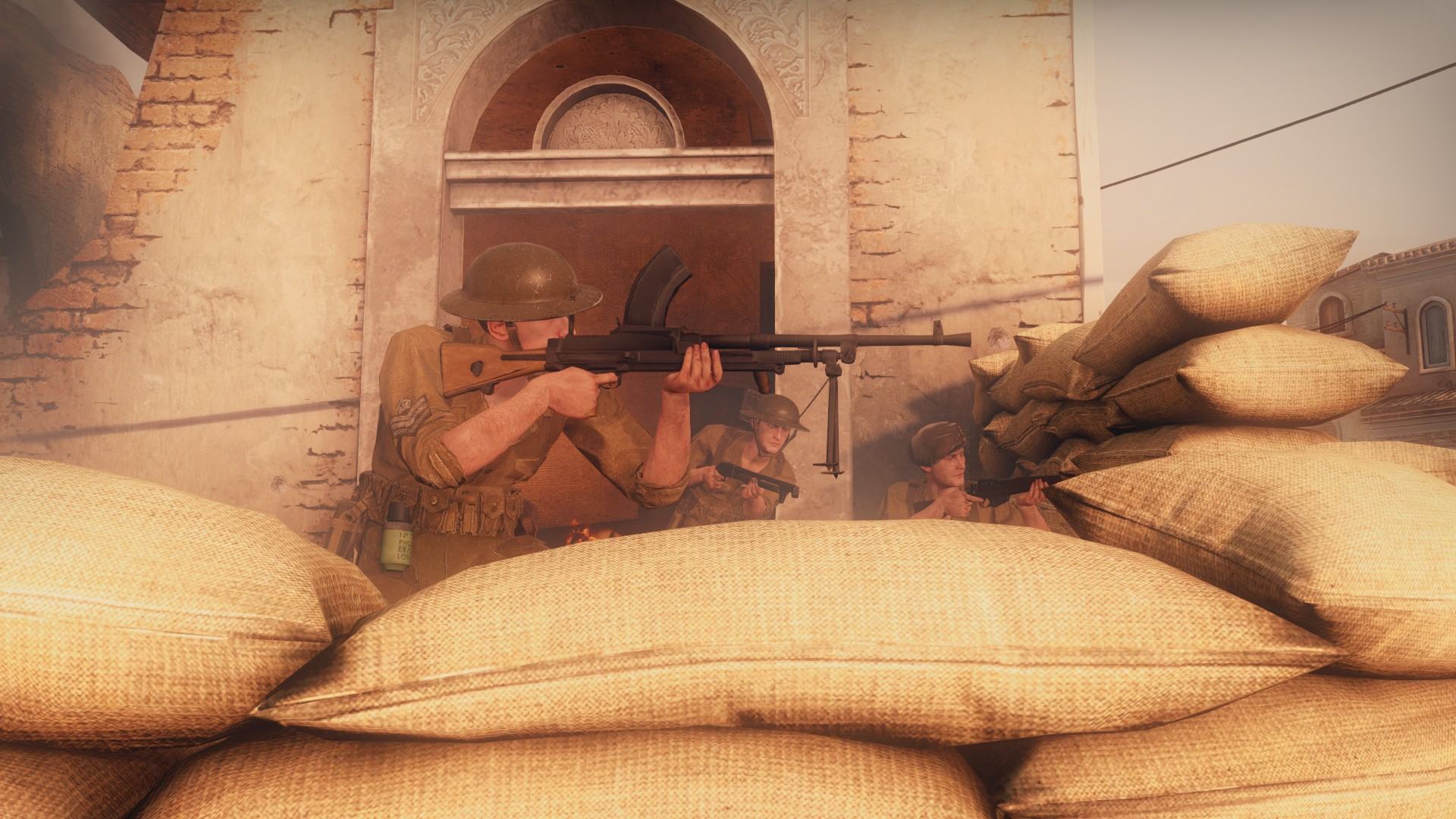
So for these collective memories, we have a lot of chances to revisit them,” says Genova. “Outside influences can sneak in every time we revisit and recall a memory for what happened. Indeed, the act of remembering can be a highly mercurial thing - particularly when deep-seated political views are involved. The Capitol riot - the violent culmination of a bid to delegitimize the 2020 election and block its certification - has morphed into a partisan “Rashomon,” the classic Japanese film about a slaying told from varying and conflicting points of view. They failed.”īut since that day, separate versions - one factual, one fanciful - have taken hold. Mitch McConnell, R-Ky., then the majority leader, said: “They tried to disrupt our democracy.

House Minority Leader Kevin McCarthy, R-Calif., said then that “the president bears responsibility” for the attacks. 6 at the time and in its immediate aftermath. Such a disparity in memory may be inevitable in our hyper-polarized politics, but it’s striking given the stark clarity of Jan. A poll by The Associated Press and NORC Center for Public Affairs Research found that about 4 in 10 Republicans recall the attack - in which five people died - as violent, while 9 in 10 Democrats do. history, there is far from national consensus.Ī Quinnipiac poll found that 93% of Democrats considered it an attack on the government, but only 29% of Republicans agreed. Yet a year later, when it comes to a where-were-you moment in U.S.

The violent storming of the Capitol by Donald Trump supporters bent on upending the election of Joe Biden was as clear as day: democracy under siege, live-streamed in real time.
#DAY OF INFAMY SALE DOWNLOAD#
#DAY OF INFAMY SALE FOR FREE#

Secure positions, destroy enemy equipment, assassinate enemy officers, and move the line forward in 7 player versus player game modes and 3 cooperative modes against AI.



 0 kommentar(er)
0 kommentar(er)
